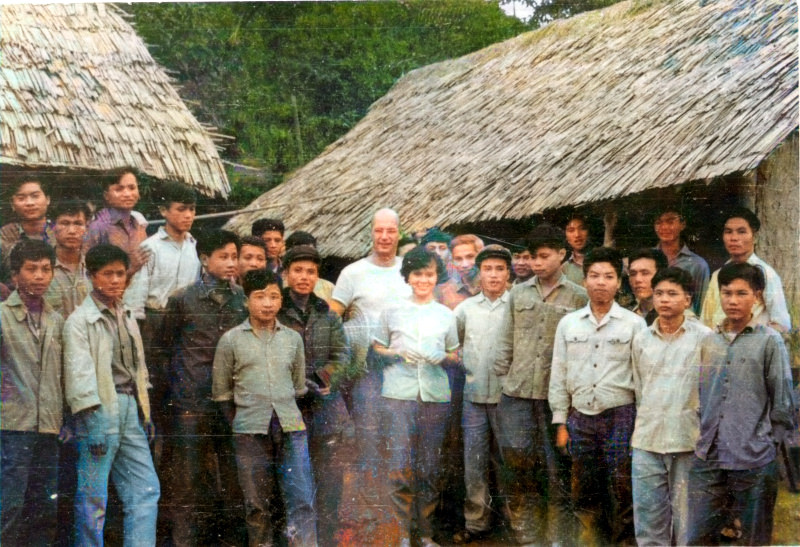June 27, 2022
Compositional Modeling with Decorated Cospans
Posted by John Baez
It’s finally here: software that uses category theory to let you build models of dynamical systems! We’re going to train epidemiologists to use this to model the spread of disease. My first talk on this will be on Wednesday June 29th. You’re invited!
• Compositional modeling with decorated cospans, Graph Transformation Theory and Practice (GReTA) seminar, 19:00 UTC, Wednesday 29 June 2022.
You can attend live on Zoom if you click here. You can also watch it live on YouTube, or later recorded, here.
June 22, 2022
Motivating Motives
Posted by John Baez
I gave an introductory talk on Grothendieck’s ‘motives’ at the conference Grothendieck’s Approach to Mathematics at Chapman University in late May.
Now the videos of all talks at this conference are on YouTube — including talks by Kevin Buzzard, Colin McLarty, Elaine Landry, Jean-Pierre Marquis, Mike Shulman and other people you’ve heard about on this blog.
June 20, 2022
Hoàng Xuân Sính
Posted by John Baez
During the Vietnam war, Grothendieck taught math to the Hanoi University mathematics department staff, out in the countryside. Hoàng Xuân Sính took notes and later did a PhD with him — by correspondence! She mailed him her hand-written thesis. She is the woman in this picture:
As you might guess, there’s a very interesting story behind this. I’ve looked into it, but what I found raises even more questions. Hoàng Xuân Sính’s life really deserves a good biography.
June 18, 2022
Compositional Thermostatics (Part 4)
Posted by John Baez
guest post by Owen Lynch
This is the fourth and final part of a blog series on this paper:
• John Baez, Owen Lynch and Joe Moeller, Compositional thermostatics.
In Part 1, we went over our definition of thermostatic system: it’s a convex space of states and a concave function saying the entropy of each state. We also gave examples of thermostatic systems.
In Part 2, we talked about what it means to compose thermostatic systems. It amounts to constrained maximization of the total entropy.
In Part 3 we laid down a categorical framework for composing systems when there are choices that have to be made for how the systems are composed. This framework has been around for a long time: operads and operad algebras.
In this post we will bring together all of these parts in a big synthesis to create an operad of all the ways of composing thermostatic systems, along with an operad algebra of thermostatic systems!
June 15, 2022
Graded Modalities
Posted by David Corfield
I’m hosting a workshop tomorrow (13:00-17:00 UK time (UTC+1), Thursday 16 June 2022) which explores what common ground there may be in the treatment of graded modalities by linguistics, computer science and philosophy. It’s a hybrid event (in-person and online) and all are welcome, details here.
You very much ought to come along.
A fine example of a graded modality.
 Posts with this logo use
Posts with this logo use 















